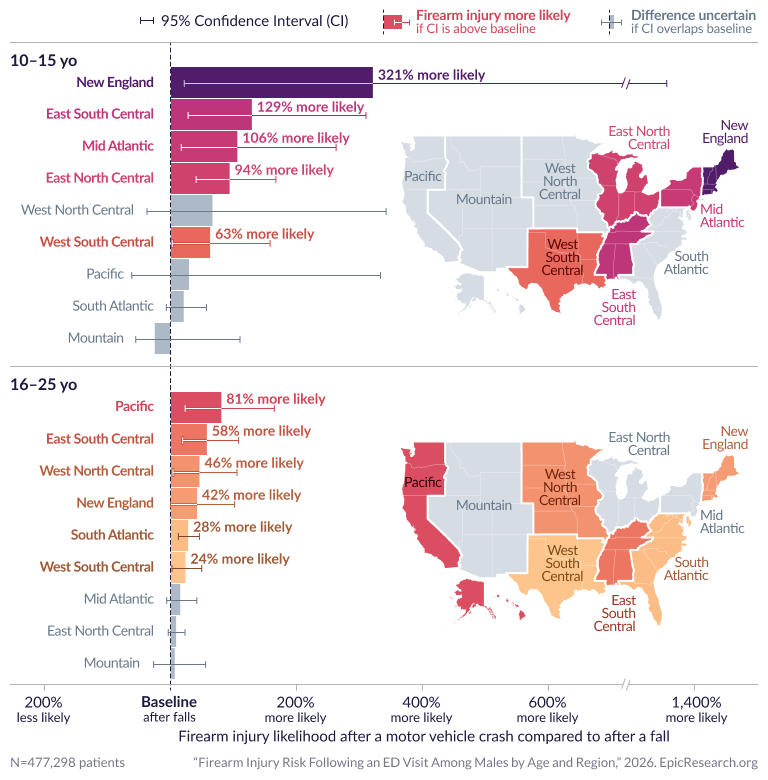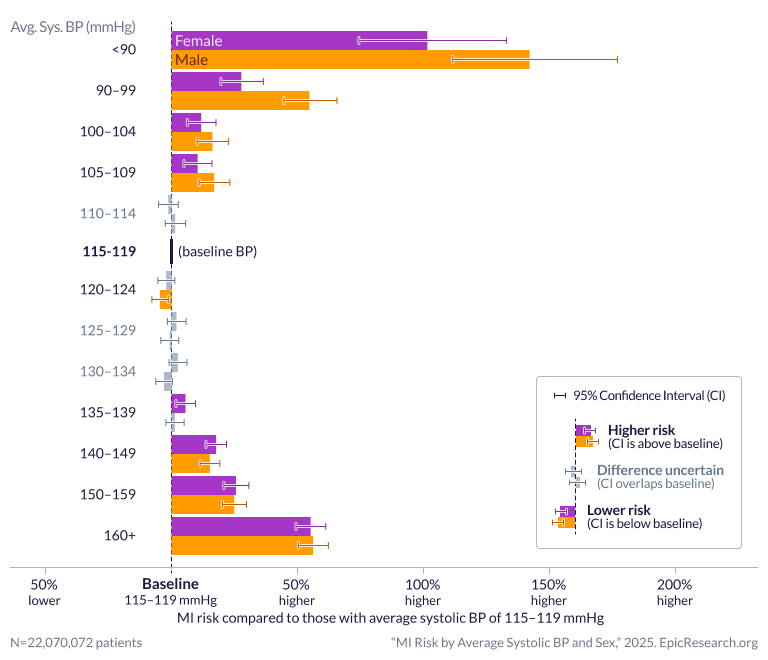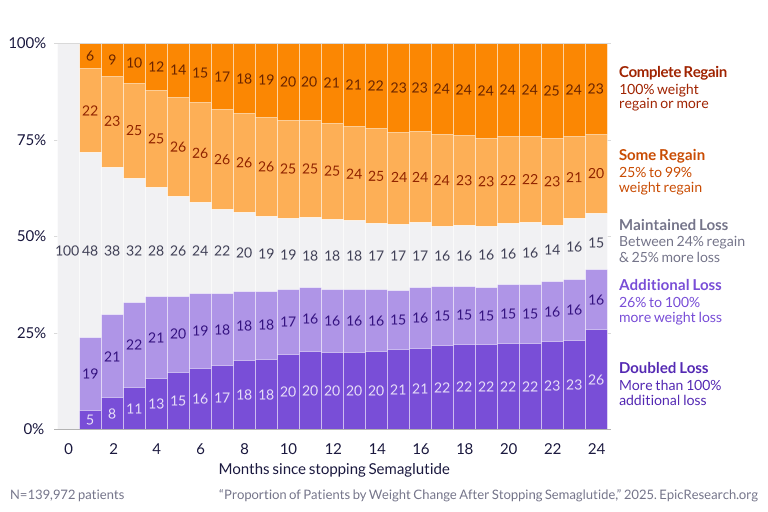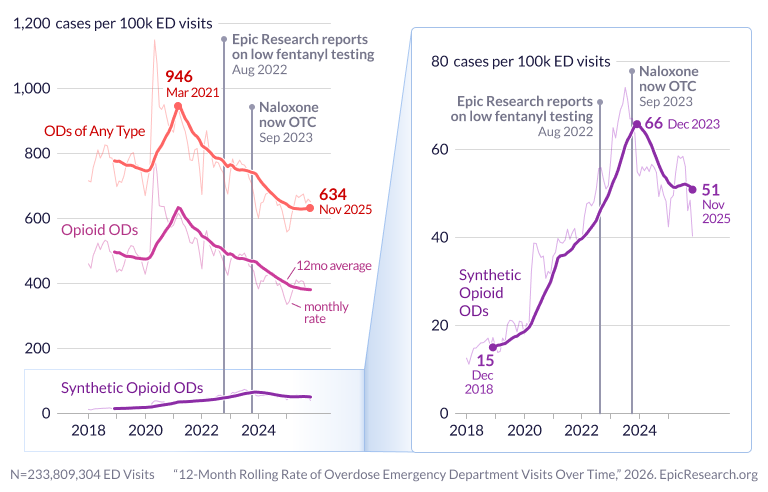Cosmos Community







.png)




Cosmos in Action
Cosmos at the Point of Care

Best Care Choices

Look-Alikes

Condition-Specific Growth Charts
Publications Using Cosmos
Journal of the American Academy of Dermatology
Journal of the American Academy of Child & Adolescent Psychiatry

Epic Research

ED Visits for Motor Vehicle Crashes Associated with Elevated Risk of Subsequent Firearm Injury for Young Male Patients
Male patients aged 10 to 15 who had an ED visit for a motor vehicle crash (MVC) were as much as four times as likely to experience a subsequent firearm injury compared with those whose ED visit was for a fall, in some parts of the United States.

Cardiovascular Event Risk Increases More Sharply for Men Than Women at Very Low Average Blood Pressure
The risks of myocardial infarction (MI), ischemic stroke, and hemorrhagic stroke are increased for patients with high or low average systolic blood pressure (BP). The risks are greater at very low systolic BP than at very high systolic BP.

Two Years After Stopping GLP-1s, Most Patients Sustain at Least Some Weight Loss
At 24 months post-cessation, 56% of semaglutide, 52% of liraglutide, and 55% of tirzepatide patients kept the weight off or lost additional weight.

Fentanyl Testing Associated with Short-Term Survival Benefits; Increased Long-Term Mortality Risk Among Overdose Patients
The 12-month average rate of emergency department (ED) visits for overdoses of all types declined from a peak of 946 per 100,000 ED visits in March 2021 to 634 per 100,000 ED visits in November 2025, falling below pre-COVID-19 pandemic levels. Testing for fentanyl in these encounters more than quadrupled over this period, from 5% of encounters to 28% of encounters.
 →
→





